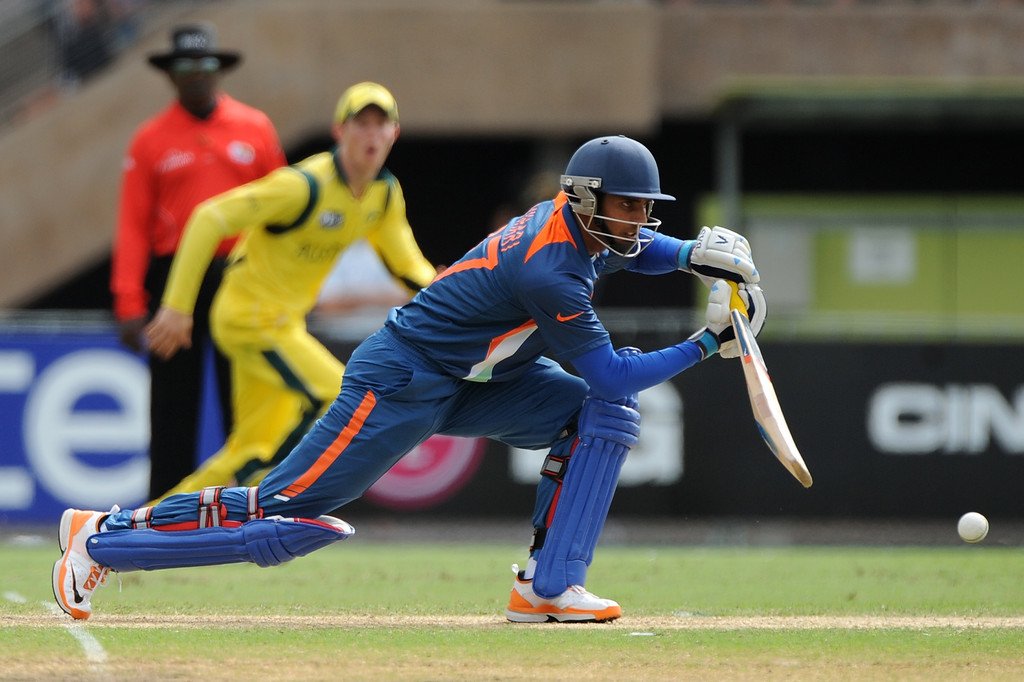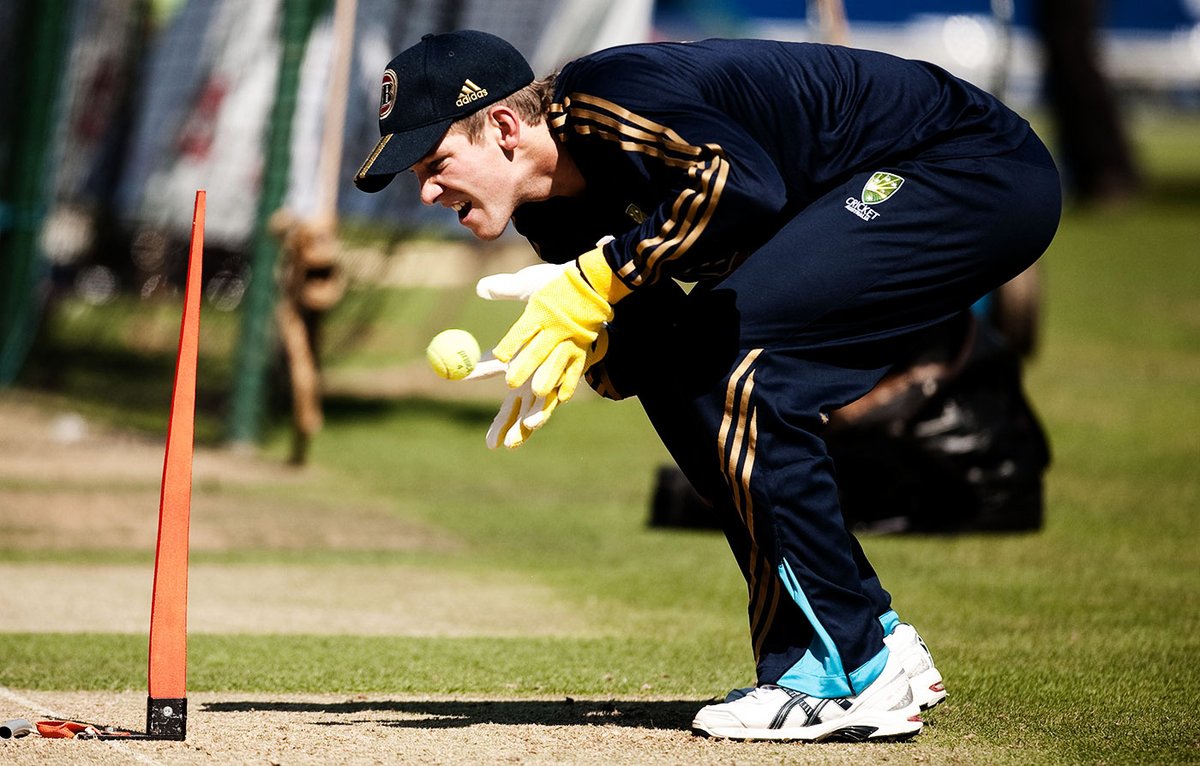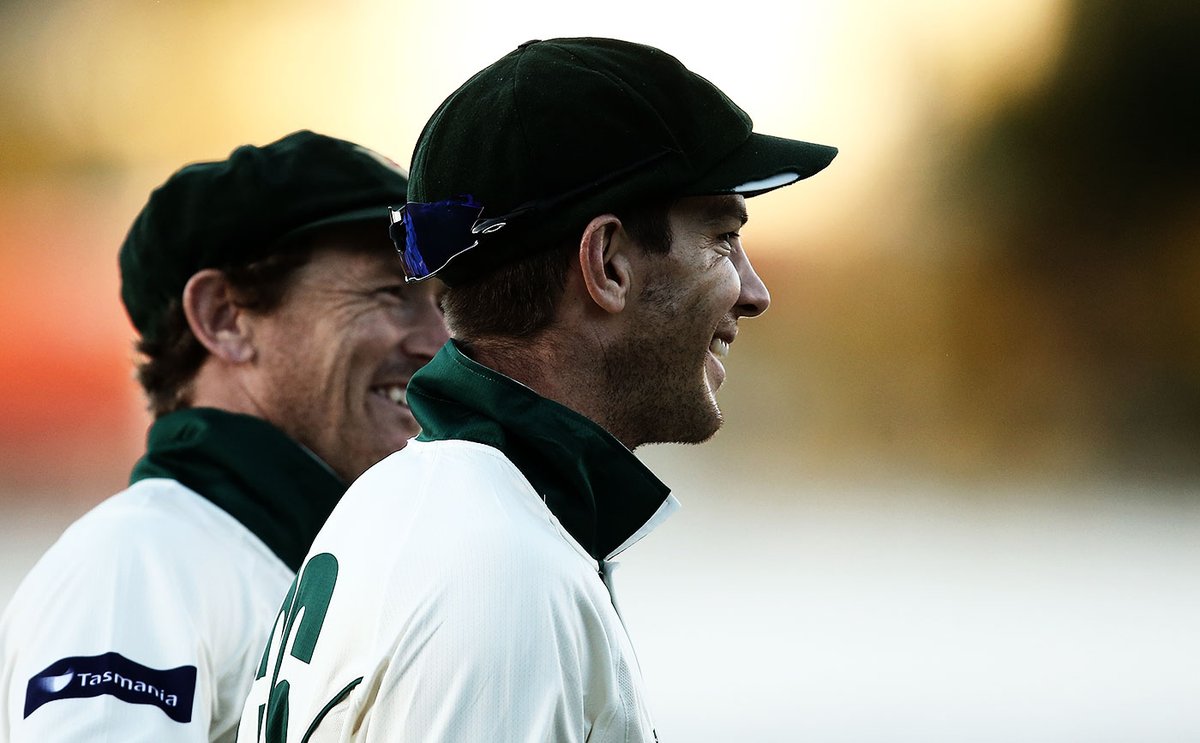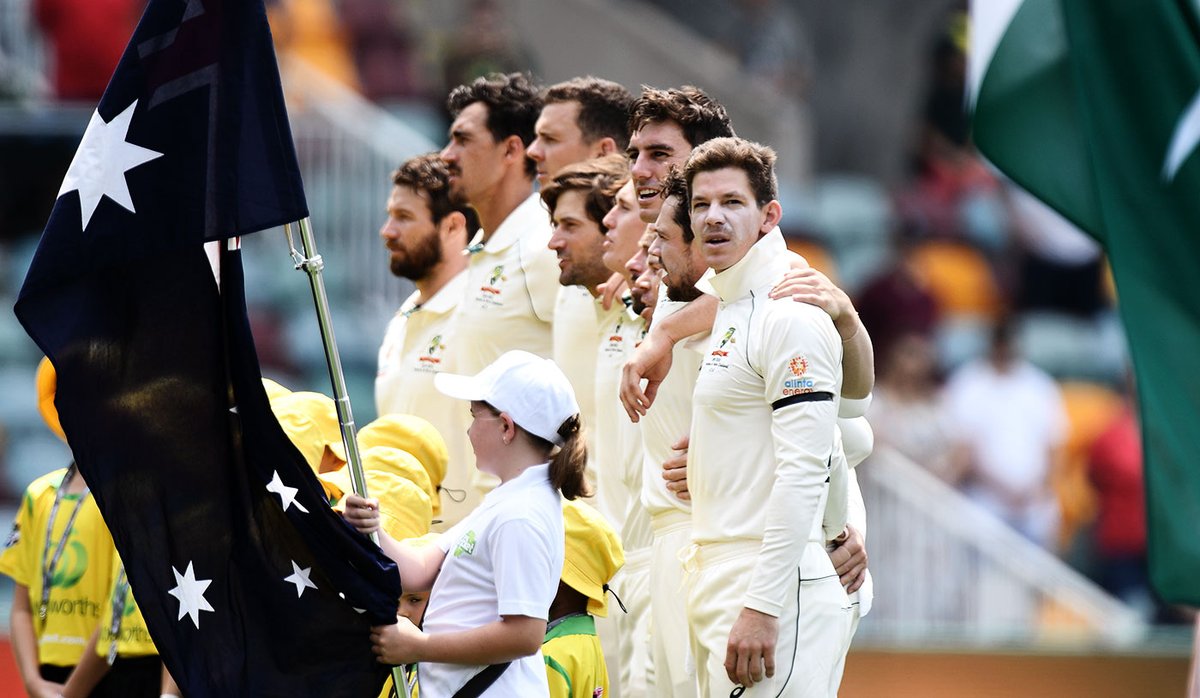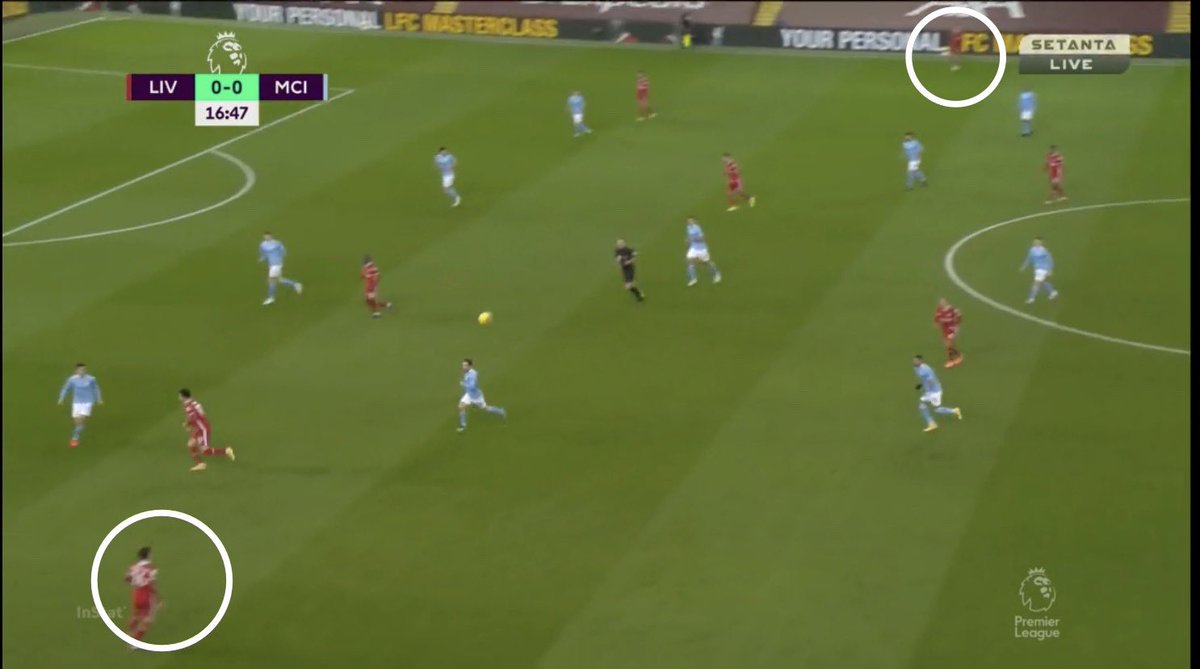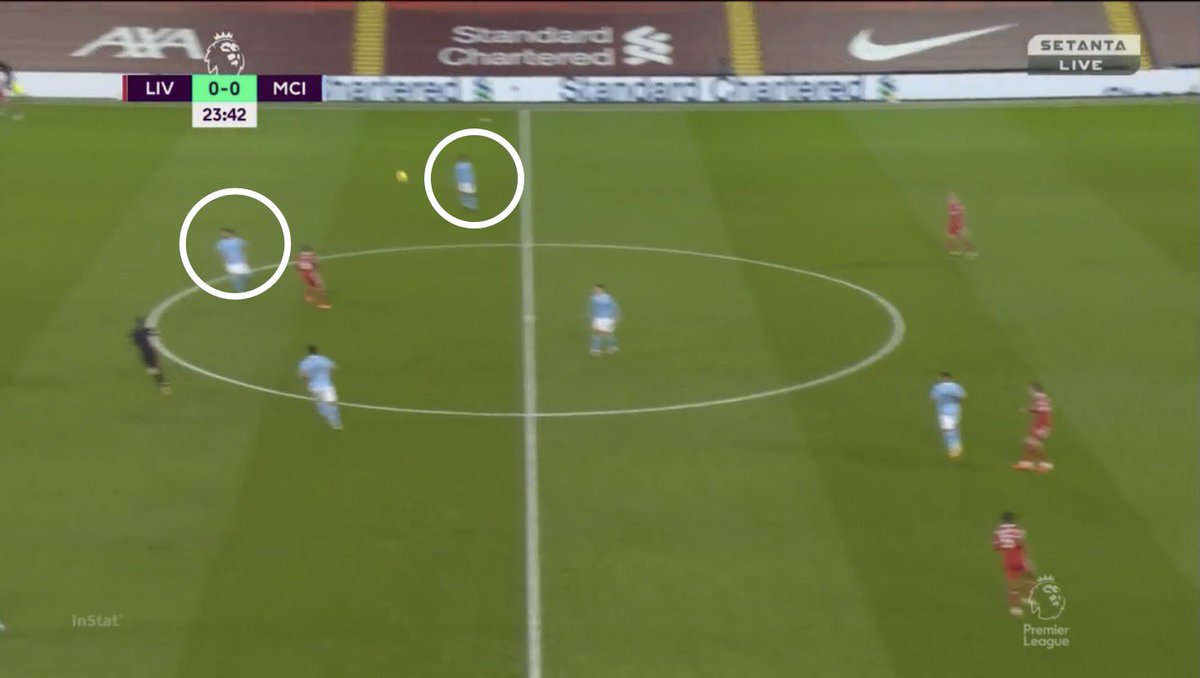Semenya is an incredibly powerful runner from South Africa, a two-time Olympic champion. She has also been the subject of controversy since the beginning of her career over decade ago.


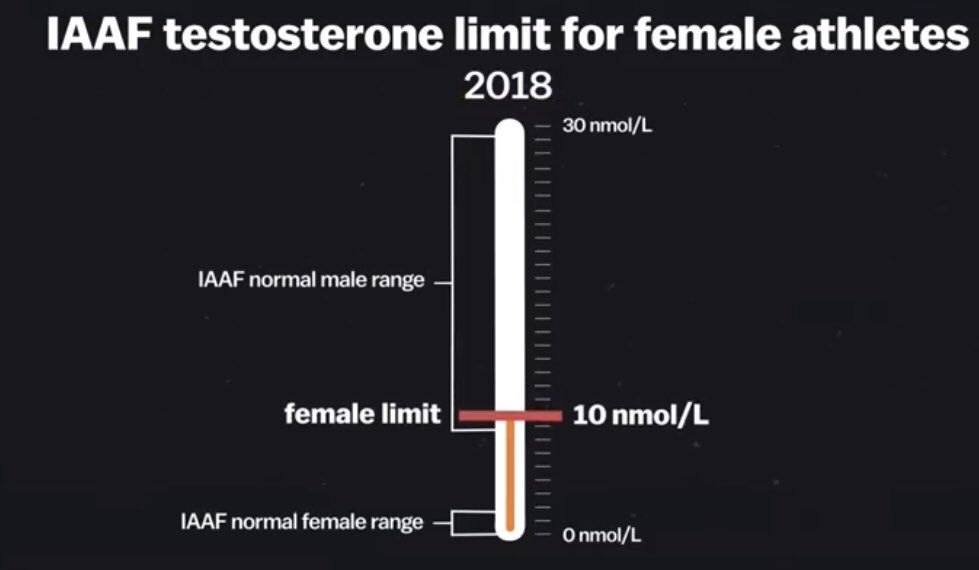
Precisely how many nanomoles of testosterone are in your blood?
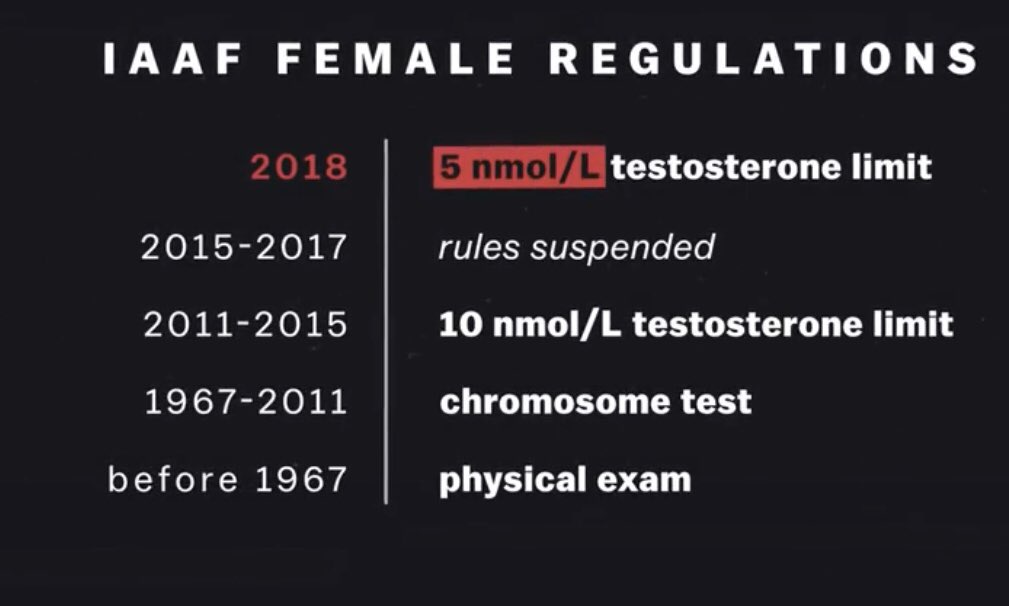
Most women have never been forced to submit to such a test; most of us are quite sure we know who we are without one.
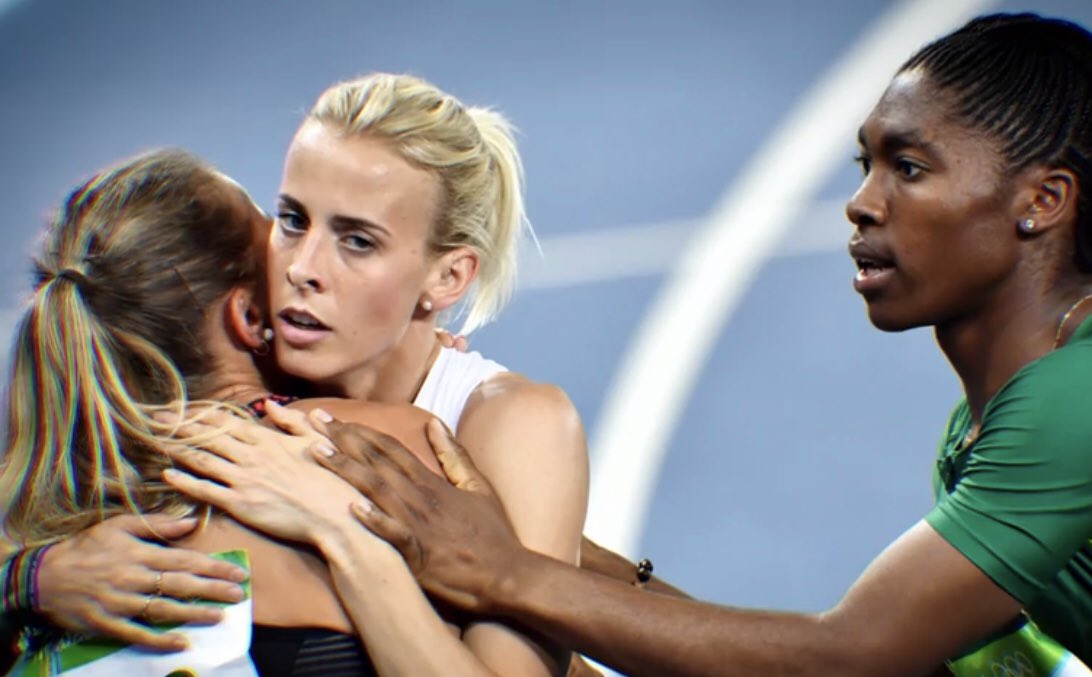
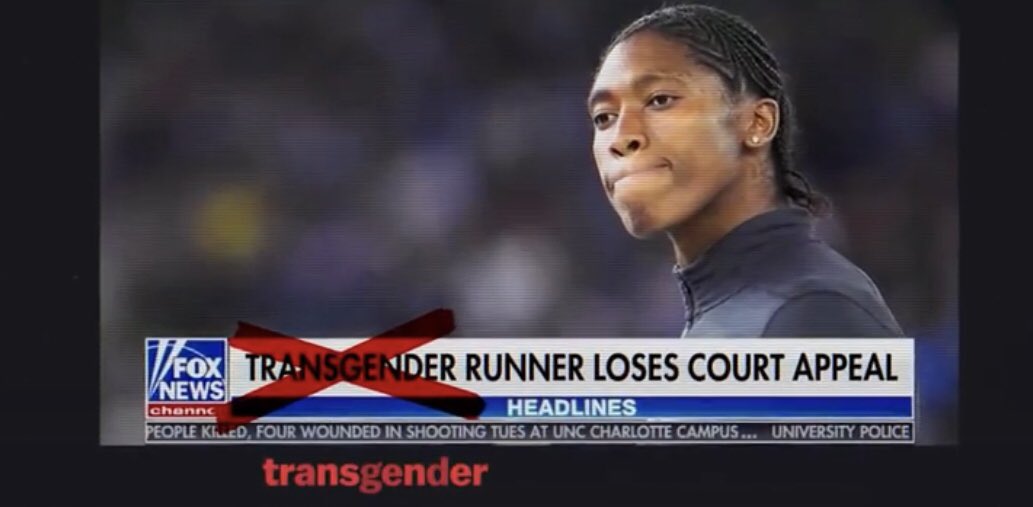
“It is clear that she is a woman but maybe not 100 percent,” Pierre Weiss, then-secretary general of the IAFF, said of her in 2011.


More from Kirsti Miller
Would having the testosterone limit for transgender women at 10nmol/L (5-10 times what’s considered “typical” for women) give them a massive advantage over their cisgender opponents?
Absolutely not, is recognized an XY chromosome body is seen as unhealthy <12nmol/L or less. A XY female as they lose the ability to produce natural occurring testosterone, falls into a range of 0.4nmol/L.
Which we know too, the individual falls into menopause at 9.6nmol/L, and due to complete androgen deprivation eventually into the position of that would equate a XX female = who had had a complete hysterectomy including her gonads.
We can be assured, one this is extremely unhealthy – Moreover, and most important, we can be assured that there are no women either XX and or XY competing internationally like this.
This is not for anyone a desired state and for the participation high performance sport eventually impossible to participate longterm.
XX women do not have their endogenous testosterone levels regulated in any sport. They can and do compete with T levels well into the normal male range around 13.7%. XX receptors are also 10 times more sensitive to T than an XY this could also be seen as unfair. https://t.co/PiERbwBxEP
— Kirsti Miller (@KirstiMiller30) January 28, 2021
Absolutely not, is recognized an XY chromosome body is seen as unhealthy <12nmol/L or less. A XY female as they lose the ability to produce natural occurring testosterone, falls into a range of 0.4nmol/L.
Which we know too, the individual falls into menopause at 9.6nmol/L, and due to complete androgen deprivation eventually into the position of that would equate a XX female = who had had a complete hysterectomy including her gonads.
We can be assured, one this is extremely unhealthy – Moreover, and most important, we can be assured that there are no women either XX and or XY competing internationally like this.
This is not for anyone a desired state and for the participation high performance sport eventually impossible to participate longterm.
There is little understanding within Australian society of the requirement to and legitimacy of adopting special measures.
Government policy does not acknowledge the applicability to Indigenous people of the right to self-determination. In 1997 the cruel Howard government actively rejected self- determination as the basis of Indigenous policy.
Key reports which make recommendations for redressing Indigenous disadvantage, including the Royal Commission into Aboriginal Deaths in Custody, and Bringing them home, .....
the National Inquiry into the Separation of Aboriginal and Torres Strait Islander Children from Their Families, have ’NOT’ been fully implemented.
Many recommendations, particularly those concerning the application of the principle of self-determination, have been actively rejected.
Such a waste
— Steve Grey (@Stephen_J_Grey) January 28, 2021
Government policy does not acknowledge the applicability to Indigenous people of the right to self-determination. In 1997 the cruel Howard government actively rejected self- determination as the basis of Indigenous policy.
Key reports which make recommendations for redressing Indigenous disadvantage, including the Royal Commission into Aboriginal Deaths in Custody, and Bringing them home, .....
the National Inquiry into the Separation of Aboriginal and Torres Strait Islander Children from Their Families, have ’NOT’ been fully implemented.
Many recommendations, particularly those concerning the application of the principle of self-determination, have been actively rejected.








